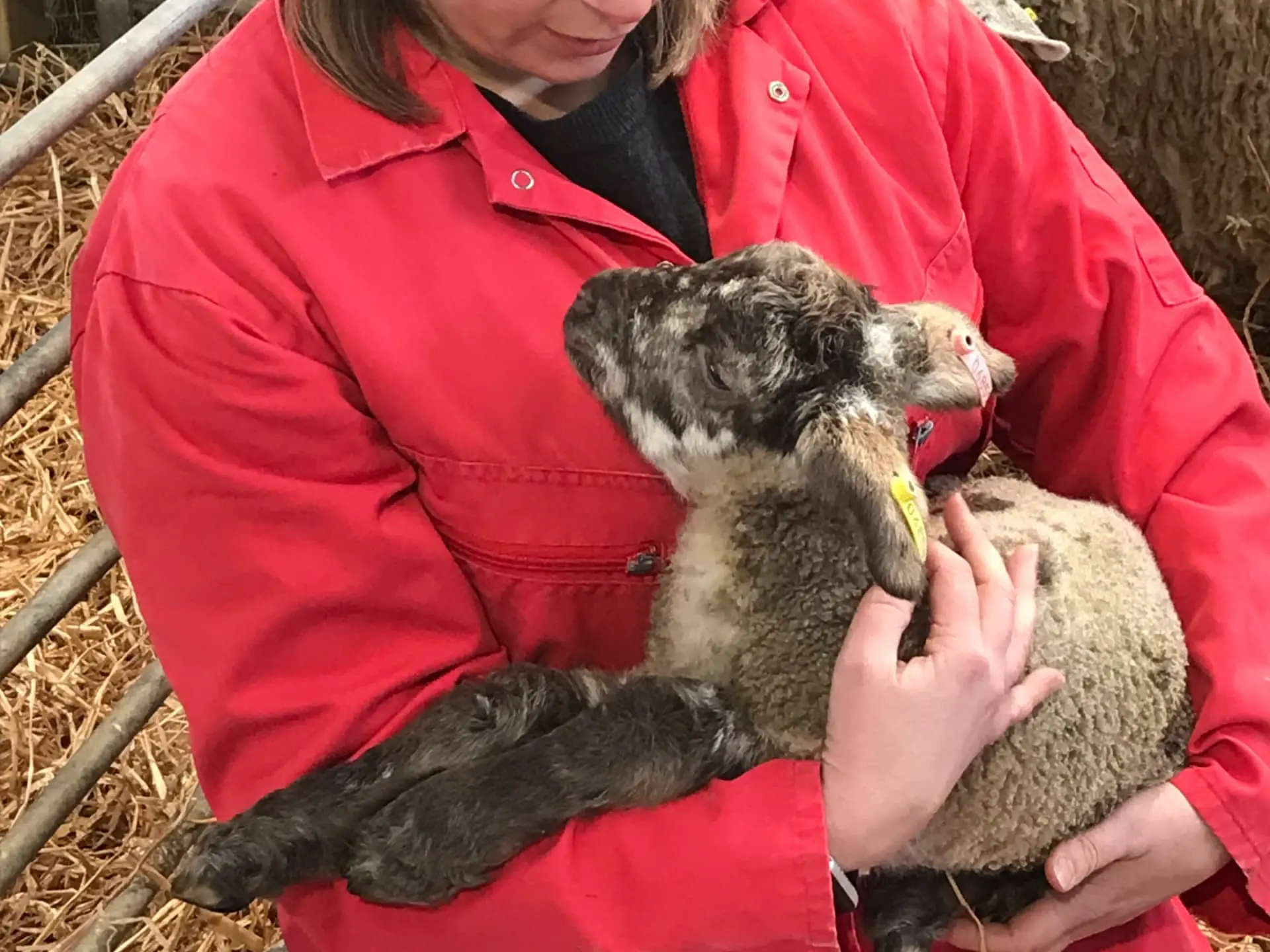Public health experts from the UK Health Security Agency (UKHSA) South East are reminding families on the Isle of Wight about the essential precautions they should take when visiting farms and petting zoos this summer.
As Open Farm Sunday approaches on 11th June, these experts are emphasising the importance of simple steps to reduce the risk of gastro-intestinal infections that can be transmitted from farm animals to humans.
Gastro-intestinal infections such as Salmonella, Cryptosporidium, and E.coli can cause illness and are a potential concern when interacting with farm animals. UKHSA health protection teams have already observed outbreaks across the country, including on the Isle of Wight.
Thorough and frequent handwashing
Consequently, they are urging individuals planning a farm visit to prioritise thorough and frequent handwashing to prevent the contraction of these harmful bugs.
It’s crucial to remember that once infected, individuals can also pass the pathogens on to others, leading to further illnesses.
Farm animals can be carriers of various bugs
Charlotte Flynn, a health protection consultant with UKHSA South East, highlighted the significance of farm visits as both an enjoyable and educational experience, particularly for children.
However, she emphasised the need to acknowledge that farm animals can be carriers of various bugs that can be transmitted to humans, resulting in illness. Some of these infections can be particularly severe for children and pregnant women.
Invisible germs may still be present
Flynn explained that infections can be acquired from direct contact with the animal’s body, feces, or areas recently occupied by animals. Even if your hands appear clean, invisible germs may still be present.
To reduce the risk of infection, it is crucial to thoroughly wash hands with soap and warm water immediately after any interaction with animals and before consuming any food.
Using gels or wipes is insufficient
It is important to note that using gels or wipes as a substitute for soap and water is insufficient, as they do not effectively remove bugs from dirt.
Handwashing facilities are typically provided on farms, and it is strongly encouraged to make use of them to ensure that the only lasting memories from the visit are happy ones.
Shackleton: Anti bac hand gel is not a replacement for washing hands,
Annabel Shackleton, LEAF Open Farm Sunday Manager, expressed the organization’s desire to maintain a safe environment for farm visits and agricultural events.
“We want people to continue to enjoy visiting farms and agricultural events safely. This means making time after touching animals, pens or fencing, to wash your hands thoroughly with liquid soap, running water and drying them with disposable towels.
“Adults should always supervise children to ensure that they wash their hands properly and grow up learning that clean hands are essential before eating! Anti bac hand gel is not a replacement for washing hands, especially not when spending time around animals.
“If a dummy drops on the ground it will need sterilising, and boots, shoes and pushchairs need to be washed down too when leaving a farm. Remember these simple things to ensure your farm visit is both enjoyable and safe.”
Farms must adhere to the Industry Code of Practice
HSE Inspector (Agriculture Sector) Wayne Owen highlighted the responsibility of farms that allow public visits to prioritise both health and safety.
He urged such farms to adhere to the Industry Code of Practice to ensure the well-being of visitors.
Open Farm Sunday
Open Farm Sunday, taking place on 11th June, offers the opportunity to visit many farms that are not usually open to the public. To find out more details, including which farms are participating, visit the official Open Farm Sunday homepage.
By following these precautions and staying informed, families can enjoy farm visits while prioritizing their health and well-being.
For more details, including which farms are open, visit Open Farm Sunday
News shared by Helen on behalf of UK Health Security Agency. Ed





